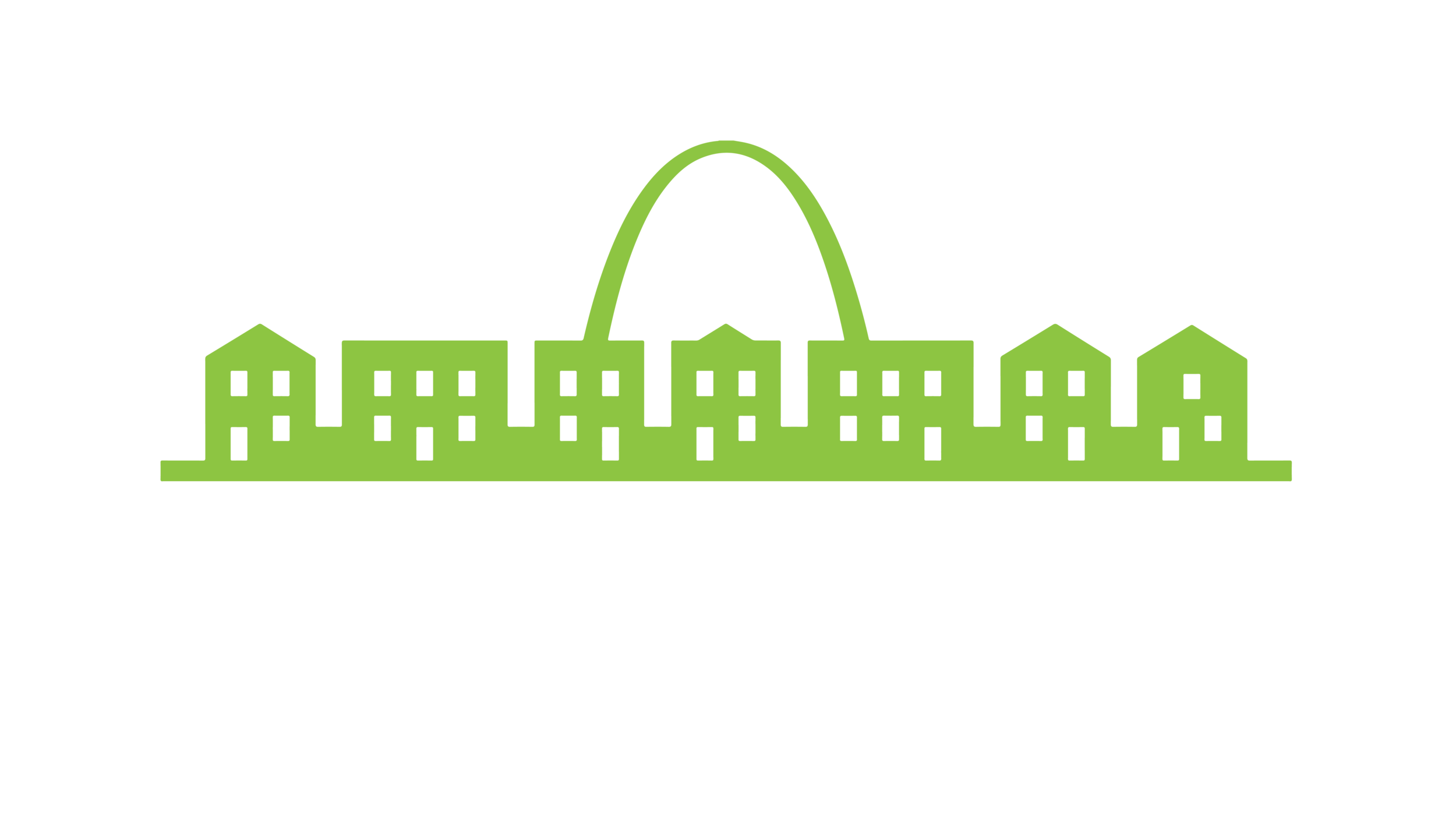The Impacts of the Opportunity Gap
A couple of weeks ago we talked about the opportunity gap in our country. This gap prevents many kids from accessing basic opportunities that lead to a stable life in adulthood. The futures of kids born into poverty are too often determined by their circumstances, even if they work hard and play by the rules.
Before kids in poverty ever have the chance to make poor choices, the opportunity gap stacks the odds against them.
By age 3, kids in poverty have heard “30 million fewer words” than their middle and upper-income peers, which means they are already behind when starting school. Compounding that problem, kids in poverty “lose 2 – 3 months of skills each summer“, creating a vast gap in achievement – all based on circumstances outside of the kids’ control. Their parents may be working long hours at multiple jobs to make ends meet, resulting in higher stress for the family. Parents may also be suffering from the same effects of poverty that are now beginning to take a toll on their children.
As a kid grows up in poverty, their likelihood of graduating drops significantly. Students 16 to 24-years-old who come from low income families are seven times more likely to drop out than those from families with higher incomes (National Center for Education Statistics).
The impact of the opportunity gap begins with the individual, but we all can feel its effects.
In the long-term, students who dropout of high school will have less earning potential for the rest of their lives. Because of this, their purchasing power is reduced. The money they never earn lowers tax receipts and adds to the costs of social services and unemployment assistance. Using earnings alone, St. Louis prevents $694 million to $1.5 billion from being reinvested back into the local economy when we let dropouts occur (For The Sake of All). High school dropouts will also be less qualified for skilled jobs, creating a smaller pool of candidates for employers to hire and a higher unemployment rate.
The greatest impact of the opportunity gap isn’t the lost money, though. It’s that people in our city- our neighbors– are suffering. Everyone has dignity and value, but the cycle of poverty is stripping it away.
The thing is, we each have the power to change this. Each one of us has skills, abilities and a network of influence to leverage in the fight against poverty. As people in our city become empowered to break the cycle of poverty, all of us thrive.
You can tell a new story for our city.
What will that story be?
Next week on our blog we will show you how you can make a difference in our city.
Don’t want to wait that long? In the meantime, learn the issues more in depth through the links above, or “reach out” to serve in one of our programs!

